About empathy, rule-breaking and taking positions: the Energy Transition Game
Exchange about the energy transition is the central building block of WindNODE. In the scope of the 2019 WindNODE Challenge, Berlin Partner recently tested a new format: the energy transition role-playing game. Let’s look back on the experience.
Some 35 players came to CityLab Berlin to let go of their preconceptions against ministries, energy suppliers or system operators for about five hours and immerse themselves in these energy system roles. For example, the economy student became a stauch environmental activist, the system operator became an official from the Ministry of Innovation and the copywriter became a tough salesman of innovative technologies.
Like in reality, they are all in the same boat for the duration of the game: the group should transform the energy system from a 100 % fossil supply to climate neutrality over the course of only a few years. To this end, wind turbines and solar power stations need to be developed and marketed. Also required: a wide range of technologies, many of which are currently being tested in real life by WindNODE, such as storage and flexibility solutions and smart meters.
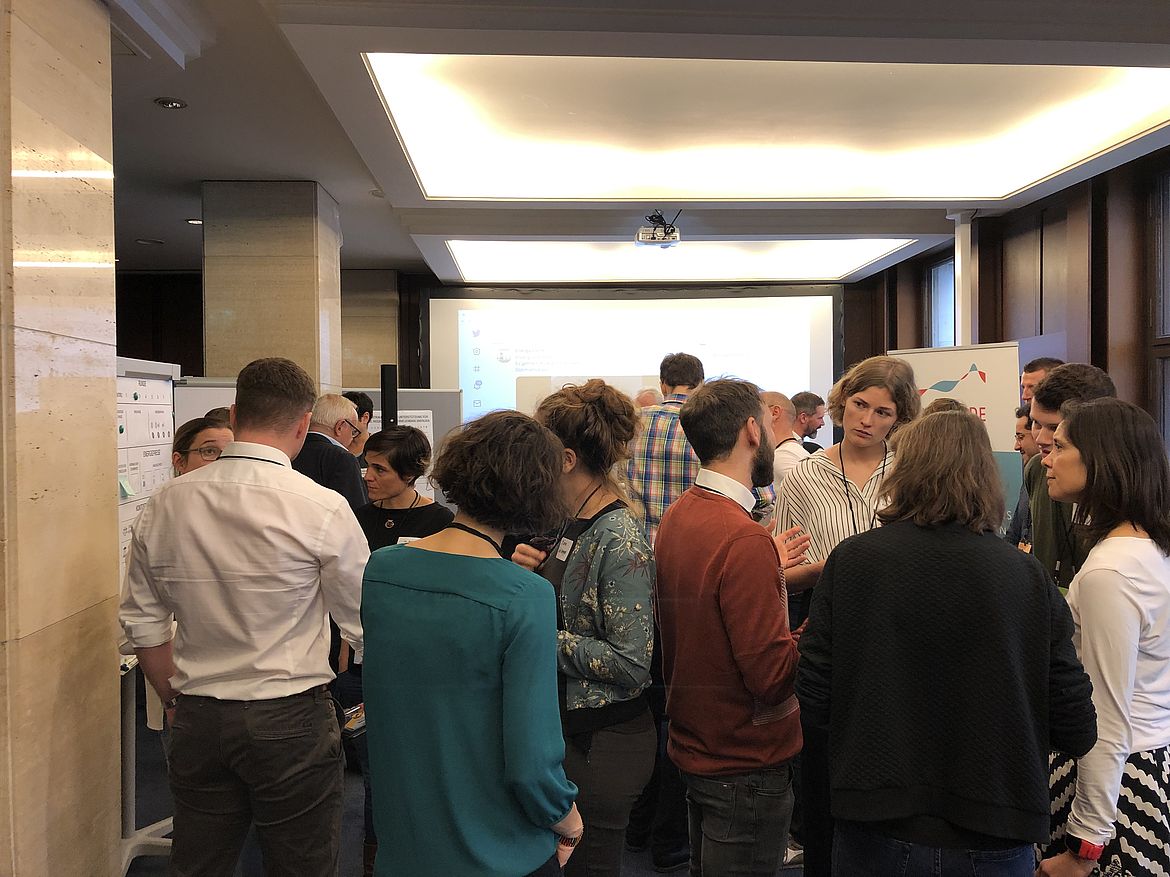
For many players, the experience that they were not able to completely go through the game mechanisms by the end was very powerful. And this despite the fact that they have already been simplified compared to reality. For technology developers, for instance, there hardly remained any time between talks with energy suppliers and funding bodies to deal with the rules for system operators in detail.
A Twitter feed managed by the game master in the background ensured that the players were informed of important decisions by other stakeholders at regular intervals.
Alliance of Little Dragon and Think Bis donates 20 to environmental NGO.
— Energy Game (@et_game) October 24, 2019
They want to build energy storage systems. pic.twitter.com/fhUAnPCKrc
That which initially caused moments of frustration, was carefully processed during the discussion round after the end of the game: the surplus of information, the impenetrability of certain mechanisms and the constant time pressure are intentional elements of the game design. This reflects the real world: not even experts have the time to delve into all details of the energy industry. Each role has to face its own uncertainties.
At the end of the game, the group agreed that they had learned much about the physical limit conditions of the energy transition, for instance about the fluctuating generation of wind and solar power. Given the lack of transparency of the overall system, the importance of clear communication and respect for the economic and legal constraints of others became obvious. One supplier was, for example, convinced to operate his power plants unprofitably for a short time in the general interest. Two rounds later, the company had gone bankrupt.
The format of the role-playing game provides a significant added value here: unlike in boardgames or simulations, the game master can intervene at any time. Role-playing games therefore make creative solutions possible that were not foreseen in the original game mechanics. Here, a tech company can acquire a supplier, an environmental NGO can block the central bank, or the Minister-President can nationalise a company. With all due respect for rules and constraints, the following always remains clear: unlike physics, the rules of play in the energy system are man-made and can be changed if necessary.
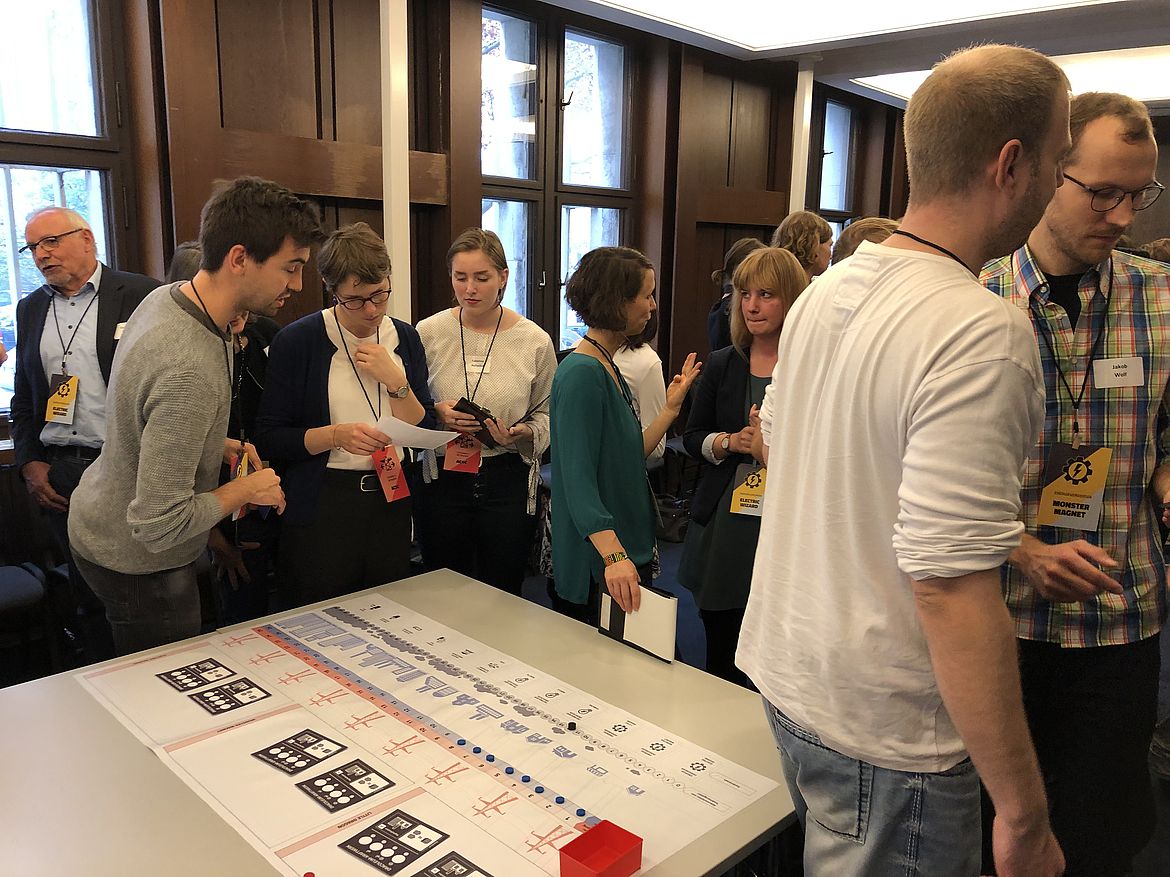
One of the most important lessons the game has in store for the players is therefore the role of politics. Only when a clear goal has been set at the top and the positions are clear to all, can the industry, researchers and civil society act in concert. During the game, as in real life, the time for major decisions has come.
The Energy Transition Game was organised by Berlin Partner for Business and Technology on 24/10/2019 in the scope of the 2019 WindNODE Challenge. You can learn more about the underlying game system here.
Information material

2 MB 10.04.2018 pdf
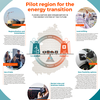
652 KB 10.04.2018 pdf
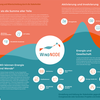
Poster zu Partizipation und Akzeptanz (German only)
922 KB 10.11.2020 pdf
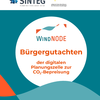
4 MB 16.12.2020 pdf